Description
Written by Paolo Coelho, he writes in the introduction to the book: “Writing is not a book of advice, but a collection of experiences. Much of it consists of my teacher teaching me over the course of 11 long years of living together. The other sections are pieces of stories from friends or people with whom I have been in contact at least once, but who have left me with unforgettable messages.
Finally, there are books that I have read or stories that in any case belong to the spiritual heritage of the human race and have been used by me.
The letter was actually the birthplace of a phone call from Alysno Litte, the grandson of the head of the “Brilliant Sheet” company in Sao Paulo. I was in the United States at the time and received an offer to write this book without knowing exactly what I was going to write. But that invitation to cooperate was provocative, and I decided to go to the front and face its various dangers.
Faced with the kind of work you asked for, I almost gave up, because in addition to having to travel a lot outside the drawer to introduce my books, the newspaper column in which I wrote every day was interrupted. However, I was told signs to do something: I received a letter from a reader, a friend was interpreting, someone was showing me newspaper clippings.
Gradually, I learned to be direct and impartial in my writing. I also had to re-read the texts I was writing, and the pleasure of doing so was extravagant. I also used to be more careful when using and writing my teacher’s words and phrases. In general, I looked at everything that was going on around me as a motivation and reason for writing. “And it enriched me to such an extent that even today I feel happy about this daily task.”
A collection of short essays, anecdotes and reflections and impressions of Paolo Coelho, author of the Brazilian autobiography, on the world of existence and life.
A collection of Paolo Coelho’s short attitudes and perceptions that seem seemingly incoherent;
But in this collection, the fabric gives all the beauty texture, each of which has its own task and legend.
These pieces, which have inspired Paolo Coelho from various sources, cultures and countries, are the result of his collaboration with the newspaper Folia.
“Written is not a piece of advice, it is an exchange of experience,” he says.
Finally, there are books that I have read or stories that in any case belong to the spiritual heritage of the human race and have been used by me.
The letter was actually the birthplace of a phone call from Aliceno Litte, the grandson of the head of the non-corporate “Glossy Sheet” in Sao Paulo.
I was in the United States at the time and received an offer to write this book without knowing exactly what I was going to write.
But that invitation to cooperate was provocative, and I decided to go to the front and face its various dangers.
A collection of short essays, anecdotes and reflections and impressions of Paolo Coelho, author of the Brazilian autobiography, on the world of existence and life. A collection of short essays and impressions by Paolo Coelho that seem seemingly incoherent, but in this collection give the fabric of all the beautiful texture that each has its own task and legend. These pieces, which have inspired Paolo Coelho from various sources, cultures and countries, are the result of his collaboration with the newspaper Folia. “This book is not a textbook, it is an exchange of experience,” he says.
Part of a written book:
“A circus trainer uses a very simple trick to control and keep an elephant in captivity. When the animal is still small, it ties one of its legs tightly to the trunk of a tree. No matter how hard the animal tries to free itself, it will not succeed.
After a short time, he gradually becomes accustomed to the idea that the trunk of the tree is stronger than he is. When the other elephant has matured and has an unimaginable and extraordinary force, it is enough to tie a rope to one of the elephant’s legs and leave him in a grove.
Because he will not even try to free himself. Because he remembers many times that he tried and failed. Like elephants, our human feet are tied to something very fragile and delicate. But because we have been accustomed to the force and power of that tree trunk since childhood, we do not dare to do anything. “Without knowing that just one simple brave move is enough to discover all our freedom.”
Think of the lizard. He spends his whole life on earth, is envious of birds, and is saddened by what fate has decreed for him. He thinks: (I am the most hated creature in the universe; ugly, multiplier and doomed to crawl on the ground) One day, Mother Nature asks the lizard to close a cocoon. The lizard gets scared. He has not eaten any cocoon until that day. He thinks that by doing so, he will build his tomb, and prepare himself for death.
About the Author of the Written Book: Paolo Coelho
Paulo Coelho (Portuguese: Paulo Coelho) (born 24 August 1947) is a contemporary Brazilian writer. His novels are popular with the general public around the world. He has been the UN Peace Ambassador for Poverty and Intercultural Dialogue since 2007. He also advocates the release of drugs such as marijuana and cocaine.
Paolo Coelho is one of the most widely read and influential writers of today.
Some consider him an alchemist of words, while others consider him a popular phenomenon. In any case, Coelho is one of the most influential writers of the present century.
His countless readers from 150 countries, regardless of their culture and beliefs, have made him the author of a contemporary reference. Obeh’s books have been translated into 56 languages, and apart from always being on the bestseller list, they have been the subject of much social and cultural controversy throughout the period of his emergence.
The thoughts, philosophies, and themes raised in his work have influenced the minds of millions of readers who are looking to find their own way, and new ways of understanding the world.
Who is the author of the written book Paolo Coelho?
Paulo Coelho’s biography states: Paolo Coelho was born in 1947 into a middle-class family. His father, Pedro, was an engineer, and his mother, Ligia, was a housewife. At the age of seven, he went to an Ignacio-style Christian school in Rio de Janeiro, where he was severely influenced by harsh religious education. But this period had a positive effect on everyone. In the dry corridors of a religious school, the dream of his life is found: he wants to be a writer. In a school poetry competition, your first literary prize
Brought to the category. Some time later, he wrote an article for a newspaper, a school wall, of his sister Sonia, which won the all-award-winning article.
But Paolo’s parents had other plans for their son’s future. They wanted to be engineers. Then, they tried to quench his passion for writing. But their pressure, and later Paolo’s acquaintance with Miller’s art-oriented orbital book, aroused a rebellious spirit in him and led him to break family rules. His father attributed his behavior to a psychological crisis. It was not until the age of seventeen that Paolo was twice admitted to a psychiatric hospital and repeatedly underwent electroshock treatment.
Shortly afterwards, Paolo became acquainted with the theater troupe and at the same time turned to journalism. From the point of view of the comfortable middle class of that time, theater was the source of moral corruption. Frightened, her parents broke their promise. It was said that Paolo would no longer be sent to a psychiatric hospital, but for the third time he was all admitted to the hospital.
Paolo, more confused than before, was released from the hospital and plunged deep into his inner world. Her desperate family sought another psychiatrist. The psychiatrist told them that Paolo was not crazy and should not remain in a psychiatric hospital. He just has to learn how to deal with life. Thirty years after this experience, Paulo Coelho writes that Veronica decides to die.
“Veronica Decides to Die,” Paolo says, was published in 1998 in Brazil. By September, I had received more than 1,200 e-mails and postcards expressing similar experiences. In October, some of the issues discussed in this book – Depression, Panic Attacks, Suicide – were discussed at the National Conference. On January 22 of the following year, Senator Eduardo Suplisi read excerpts from my book to Congress and was able to pass a law that had remained in Congress for a whole decade: a ban on the admission of mentally ill patients to hospitals.
After this period, Paolo returned to education and it seems that he wants to continue the path that his parents have set for him. But very soon, he left the university and turned to theater again. This happened in the 1960s, at a time when the hippie movement was widespread around the world. This new wave also took root in Brazil and was severely suppressed by the Brazilian military regime. Paolo raised his hair and never carried an ID card with him to protest.
His passion for writing led him to publish a magazine, which published only two issues. At the same time, composer Ral Sise’s invited S پo Paulo to write the lyrics to his songs. The first page of their music was a huge success, selling 500,000 copies. It was the first time that Paolo made a lot of money. This collaboration lasted until 1976, when Ral’s death. Paolo wrote more than sixty songs and together they managed to shake the scene of Brazilian rock music.


1- Introducing the book on YouTube
2- Introducing the book in Aparat

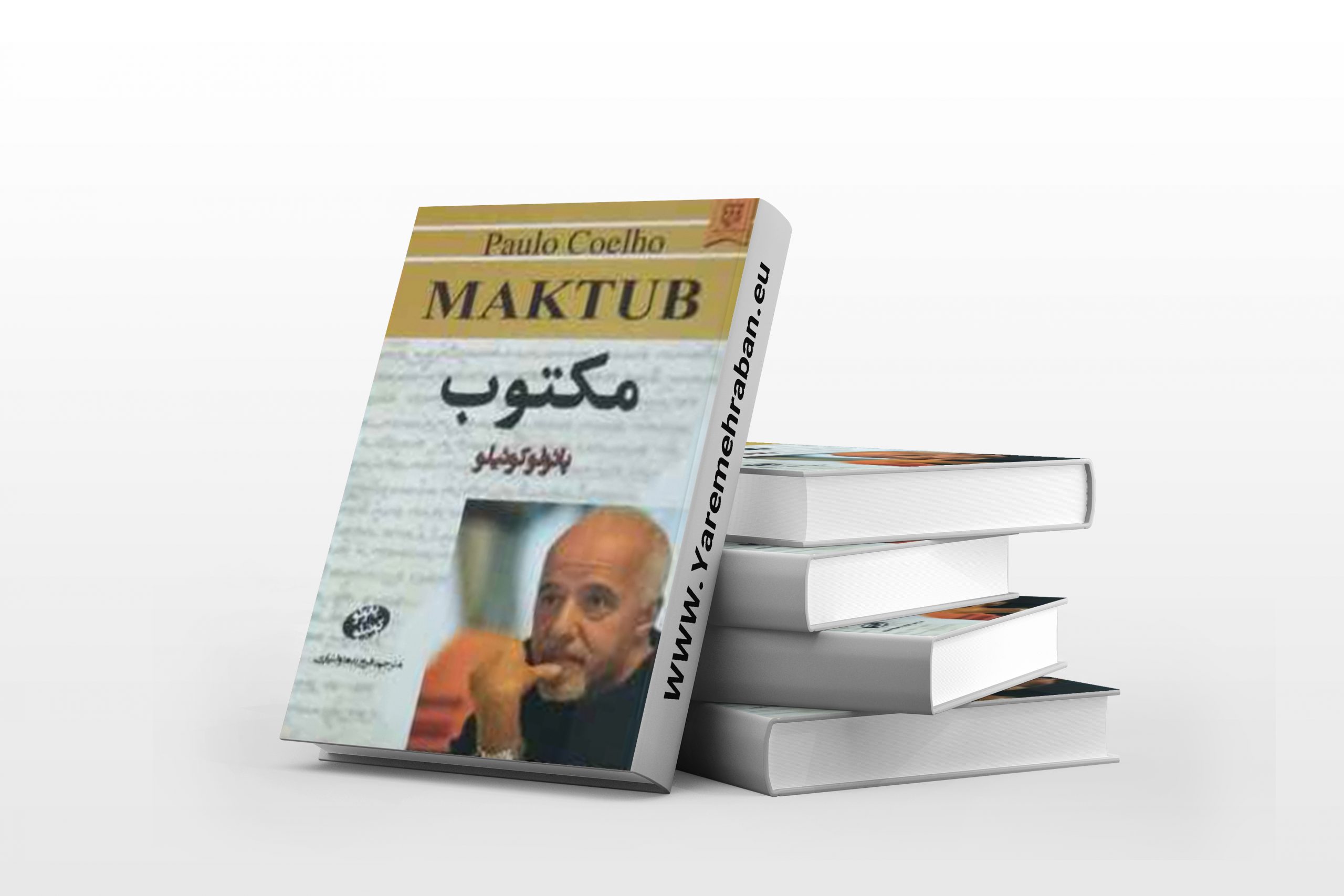
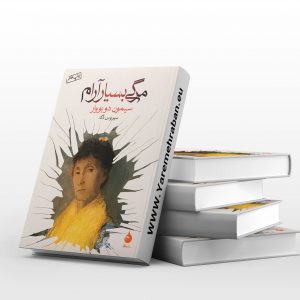
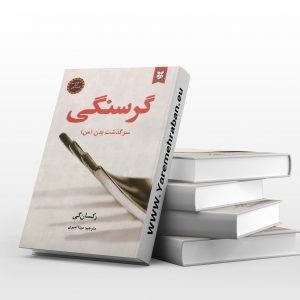

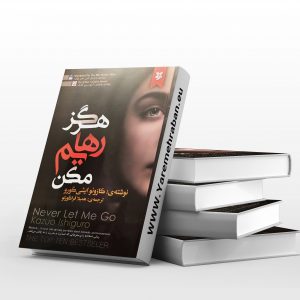
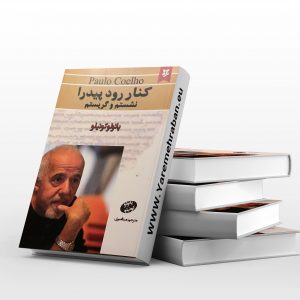
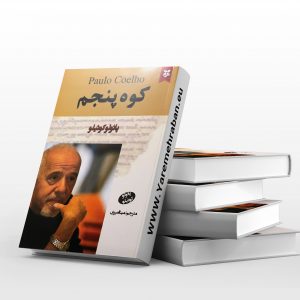

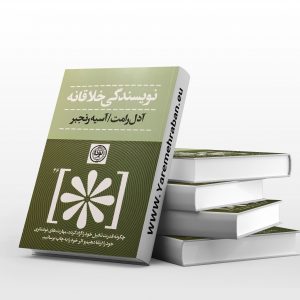
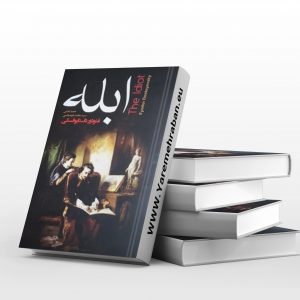
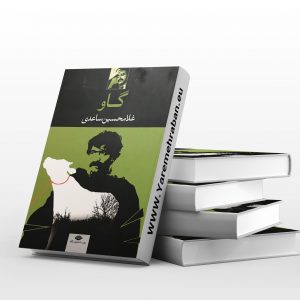

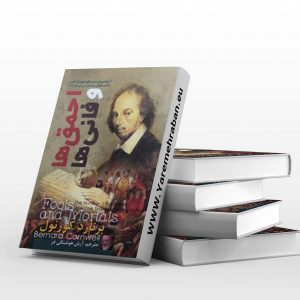
Reviews
There are no reviews yet.